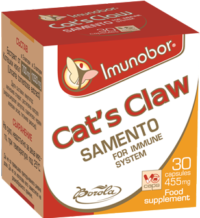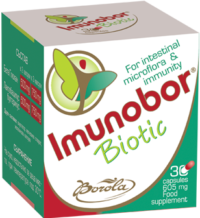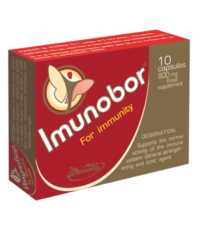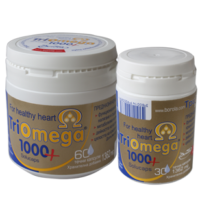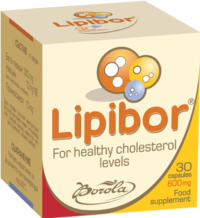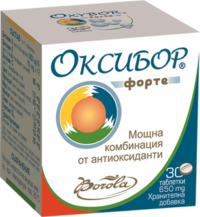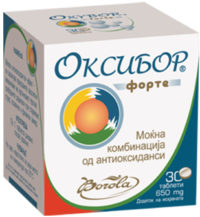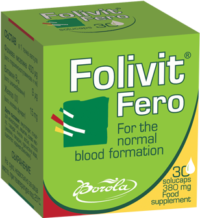Gastroenterology
“All disease begins in the gut” – Hippocrates.
Digestion is a complex process through which our body breaks food and drinks down to smaller molecules of nutrients (proteins, carbohydrates, fats, vitamins, micro elements, etc.) that build, nourish and repair cells and provide energy. Our digestive system is a series of hollow organs joined in a long tube and includes the mouth, esophagus, stomach, small and large intestines, and the anus. Some of the accessory organs of the digestive system include the liver, gallbladder and pancreas. They produce juices to help digestion.
The so called “helpful” gut microflora is of great importance for proper nutrient absorption. It consists of microorganisms normally found in the lower part of our digestive system (the small and large intestines). Probiotics are a part of the helfpul gut microflora and comprise of lactic acid bacteria and bifidobacteria.
There are many types of digestive disorders e.g. gastritis, diarrhea, enteritis, colitis, hepatitis and others. The symptoms vary widely depending on the problem. The four major factors leading to microflora imbalance are use of antibiotics, poor diet, stress and infections. Probiotics facilitate the digestive process, suppress the excessive propagation of pathogenic microorganisms in the digestive system and restore the microflora balance.
Child Health
Dental Health
Child Health
Dental Health
Cardiovascular
Cardiovascular
Antioxidants & Vitamins
Antioxidants & Vitamins
Antioxidants & Vitamins

